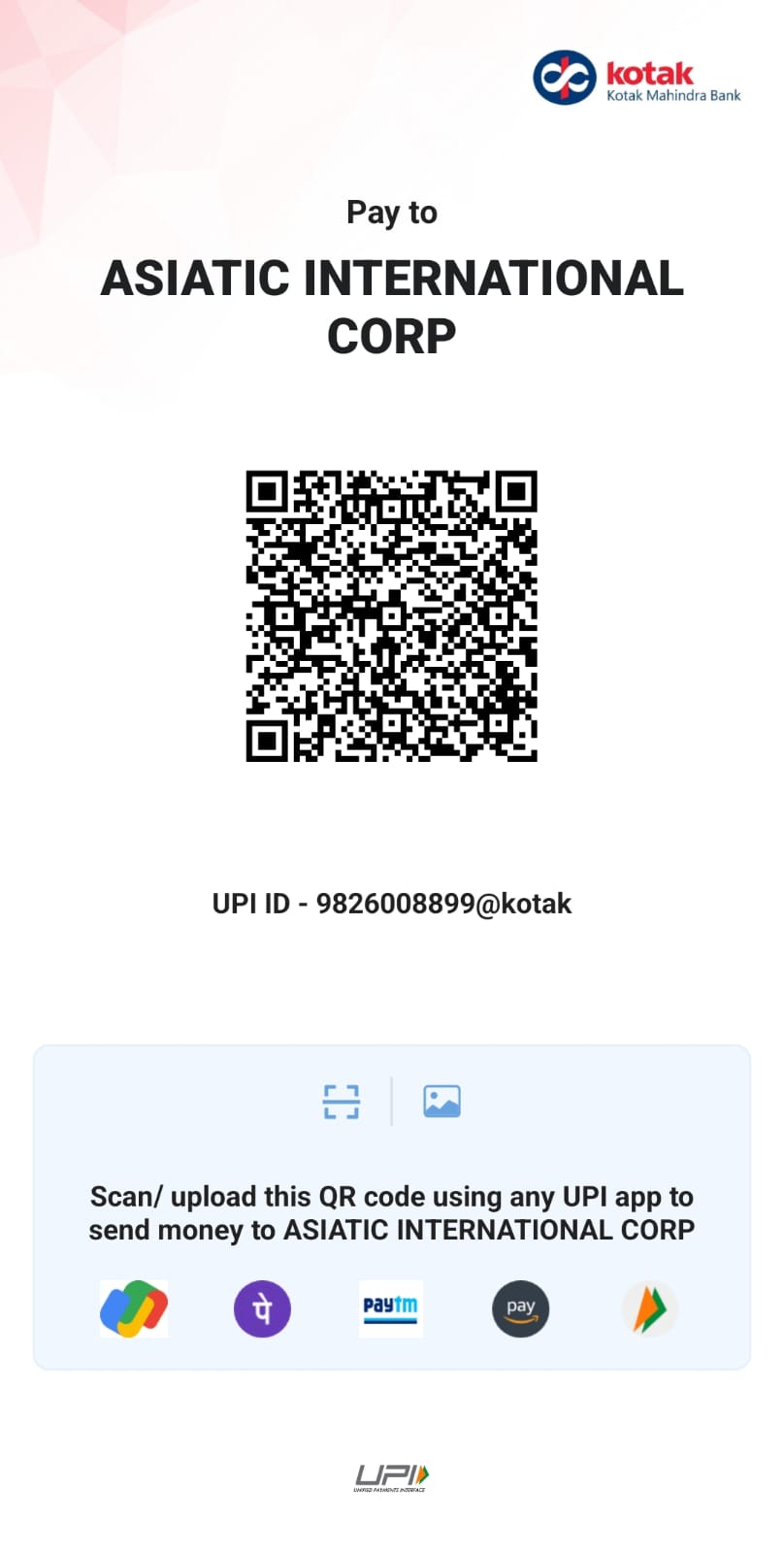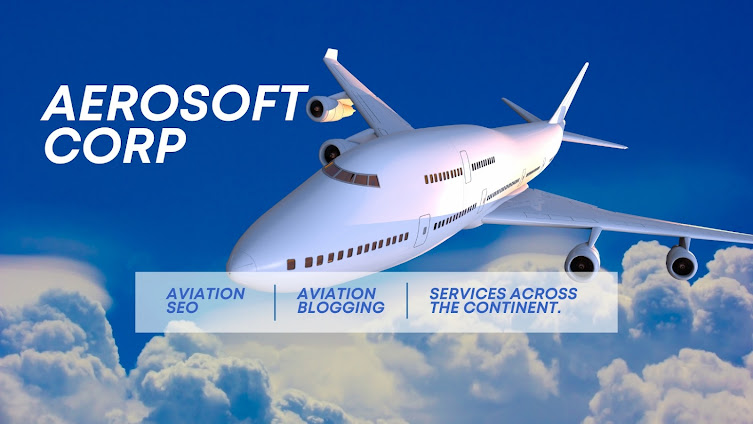Becoming a Pilot: Licenses, Training and Requirements
Getting a airman is a dream that has captured the imaginations of numerous, drawing individualities to the appeal of soaring through the skies and navigating complex aircraft. As an aeronautics exploration superintendent, probing into the complications of airman licenses, training programs, and the associated conditions becomes not only a professional interest but also a gateway to understanding the evolving geography of the aeronautics assiduity. aviators, the obscure icons of the aeronautics world, suffer a rigorous process to gain the necessary licenses that allow them to operate colorful types of aircraft. The foundation of this trip lies in the accession of a Private Airman License( PPL). This original step involves both ground academy and flight training, covering subjects ranging from aerodynamics and navigation to rainfall systems. A prospective airman must accumulate a set number of flight hours, generally around 40 to 70, depending on the regulations of the aeronautics authority in their separate country. Once armed with a PPL, individualities frequently aspire to advance their chops and career prospects by pursuing farther licenses. The marketable Airman License( CPL) is the coming logical step, taking a advanced number of flight hours and more expansive theoretical knowledge. This license grants the honor to operate aircraft for compensation, opening the doors to a variety of openings, from flight instruction to indigenous airline positions. For those with bournes of piloting larger marketable aircraft, the trip extends to carrying an Airline Transport Airman License( ATPL). The ATPL is the loftiest position of airman instrument and demands a substantial quantum of flight experience, frequently in the range of 1,500 to 3,000 hours, depending on the nonsupervisory body. Alongside flight hours, campaigners must meet specific educational conditions, demonstrating a deep understanding of aeronautics proposition and regulations. As an aeronautics exploration superintendent, probing into the nuances of these licenses provides precious perceptivity into the evolving norms and practices within the assiduity. The constant updates in technology, safety protocols, and transnational regulations bear a keen understanding of the rearmost developments. This knowledge is necessary in steering exploration enterprise towards addressing the arising challenges faced by aviators and aeronautics authorities. Training programs play a vital part in shaping the capability of aspiring aviators. From the traditional flight seminaries to intertwined training programs offered by aeronautics seminaries, the options are different. These programs blend theoretical knowledge with hands- on flight experience, creating a comprehensive literacy terrain. As an aeronautics exploration superintendent, assaying the effectiveness of these training methodologies becomes pivotal in icing the preparedness of unborn fliers . Simulation technology has revolutionized airman training, furnishing a realistic and threat-free terrain for honing chops. Full Flight Simulators( FFS) replicate the experience of flying different aircraft in colorful scripts, offering trainees the occasion to navigate complex situations without leaving the ground. The integration of slice- edge simulation tools into training programs is a notable trend, offering a cost-effective and safe means of preparing aviators for the dynamic challenges of ultramodern aeronautics. The aeronautics assiduity's global nature necessitates adherence to transnational norms and regulations. Aviation exploration directors play a vital part in staying abreast of these conditions, icing that training programs align with the prospects of nonsupervisory bodies similar as the Federal Aviation Administration( FAA) in the United States, the European Union Aviation Safety Agency( EASA), or the Civil Aviation Authority( CAA) in the United Kingdom. In recent times, there has been a growing emphasis on incorporating mortal Factors training into airman education. This recognizes the significance of understanding mortal geste
, decision- making processes, and cooperation within the cockpit. As aeronautics exploration delves into the realm of mortal- centric design and functional considerations, the integration of these perceptivity into airman training becomes imperative for enhancing safety and effectiveness. Beyond the specialized chops needed for flying an aircraft, ultramodern aviators are decreasingly anticipated to retain strong communication and cooperation capacities. Crew Resource Management( CRM) training has gained elevation, emphasizing effective communication, situational mindfulness, and decision- making in a platoon setting. As an aeronautics exploration superintendent, exploring the impact of CRM on flight safety and functional effectiveness becomes a material avenue for exploration. The evolving geography of aeronautics also introduces the conception of Unmanned Aerial Vehicles( UAVs) or drones. As these independent systems come more integrated into airspace, understanding the counteraccusations for airman training and licensing becomes consummate. Research enterprise may concentrate on developing training programs acclimatized to UAV drivers or exploring the crossroad of manned and unmanned aircraft within participated airspace. In conclusion, the trip to getting a airman involves a scrupulous progression through colorful licenses and training programs. For an aeronautics exploration superintendent, this process offers a rich shade of perceptivity into the assiduity's nonsupervisory fabrics, training methodologies, and the dynamic challenges faced by aviators. Navigating the skies isn't just a particular pursuit for aspiring fliers ; it's a trip that reflects the ever- evolving geography of aeronautics, demanding nonstop exploration and invention to insure safety and effectiveness in the skies.
Raj Suru
Aviation Research Executive
93983 66643
rajsuru.flyingcrews@gmail.com
S G
Asiatic International Corp
Products
Our Service
.jpeg)
Online Airline Career Counselling
Online Airline Career Counselling and Books orchestrated by Captain Shekhar Gupt... Show more

Online Airline Career Counselling
Online Airline Career Counselling and Books orchestrated by Captain Shekhar Gupt... Show more
.jpeg)
Counselling For Airline Pilot Training
Airline Pilot Training By Capt Shekhar Gupta Author / Pilot Pilot's Career... Show more
Gallery
Payment QR














.jpeg)


.jpeg)



.jpeg)





No comments:
Post a Comment